Depression: Biological or Psychological?
Mad in America
MAY 29, 2025
J ust about everyone believes that depressionthe #1 psychiatric diagnosisis explained in the same way as physical illnesses; that is, that depression, too, is of genetic/physiological origin. NIMH and psychiatrists have not always explained depression to be genetic (as “running in the family). Their efforts have failed.

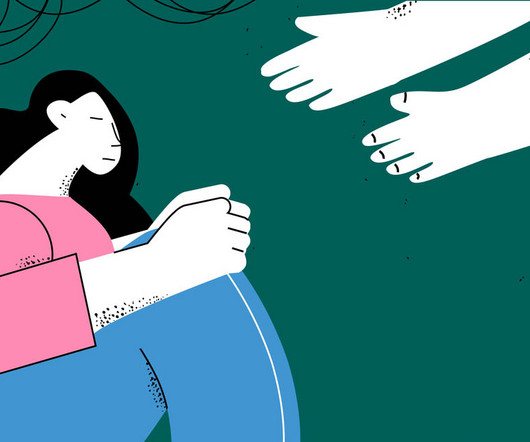

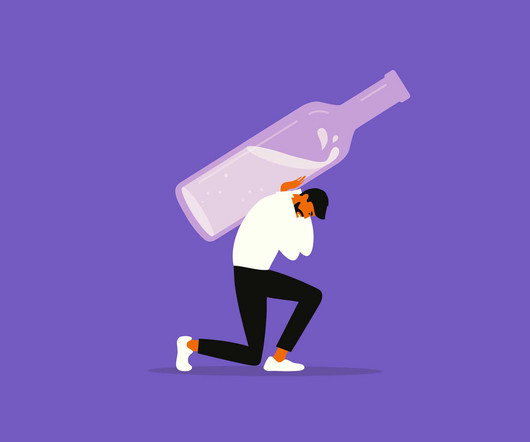

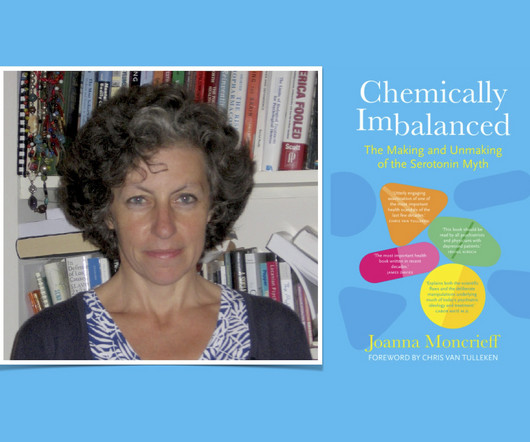
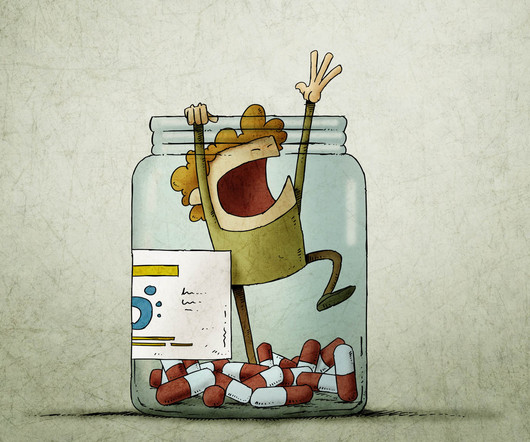

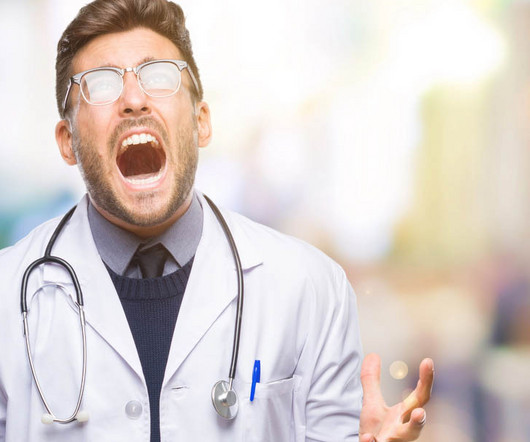
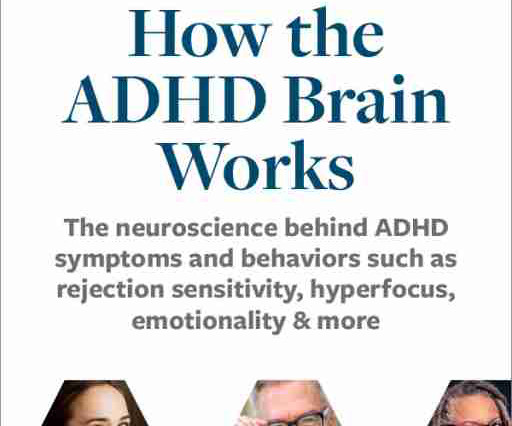







Let's personalize your content